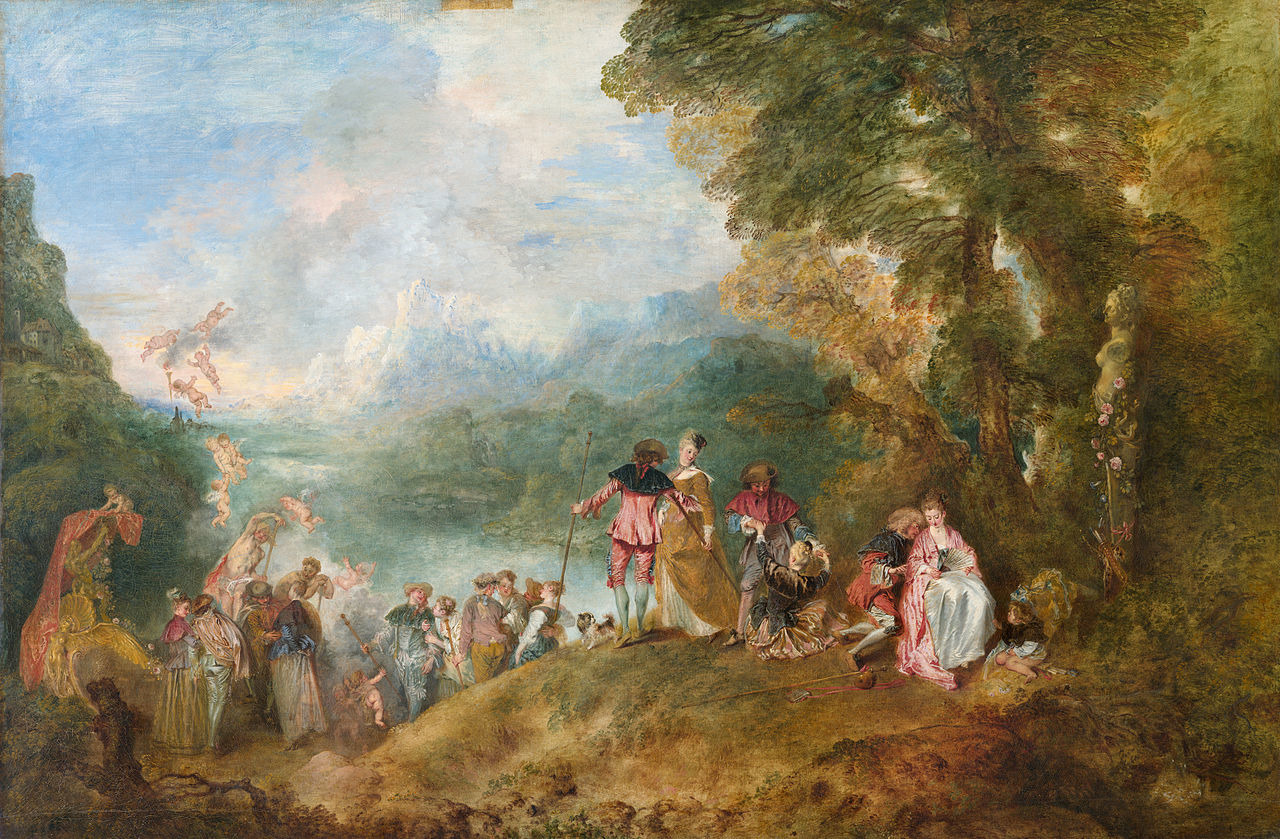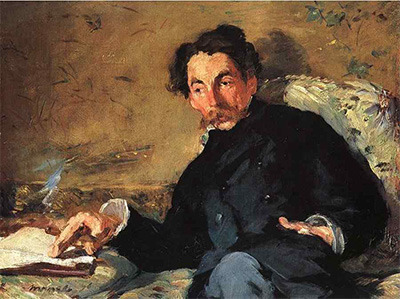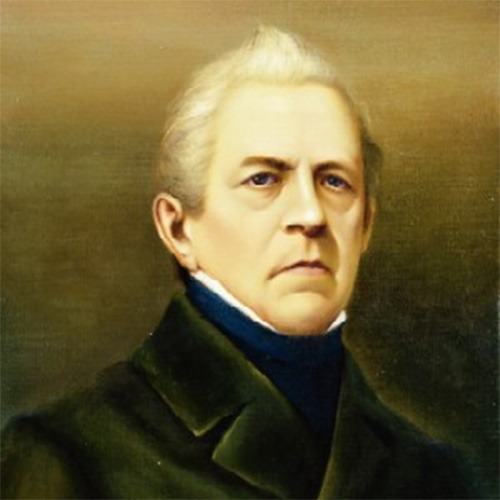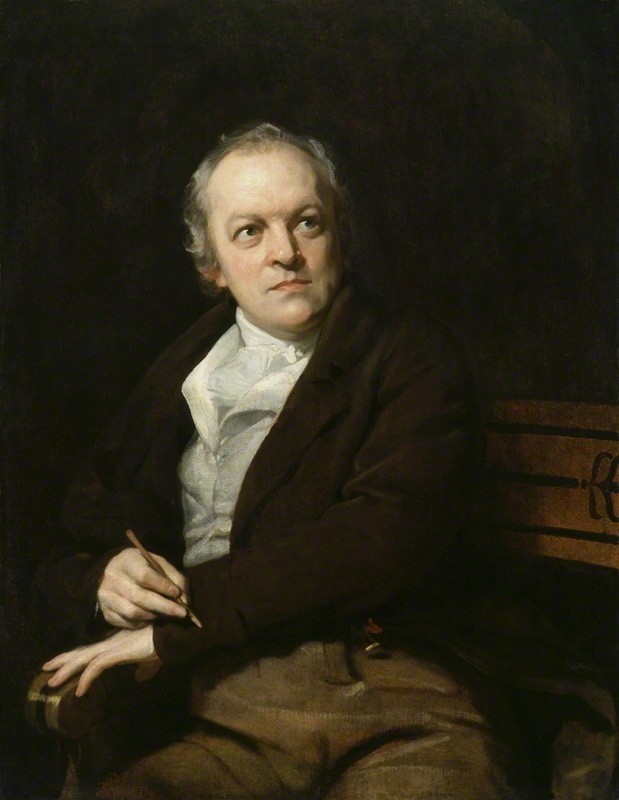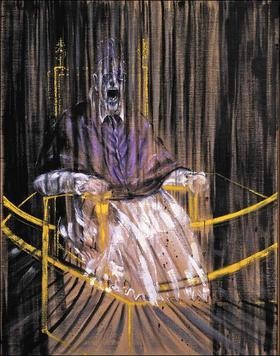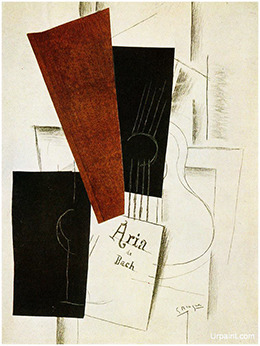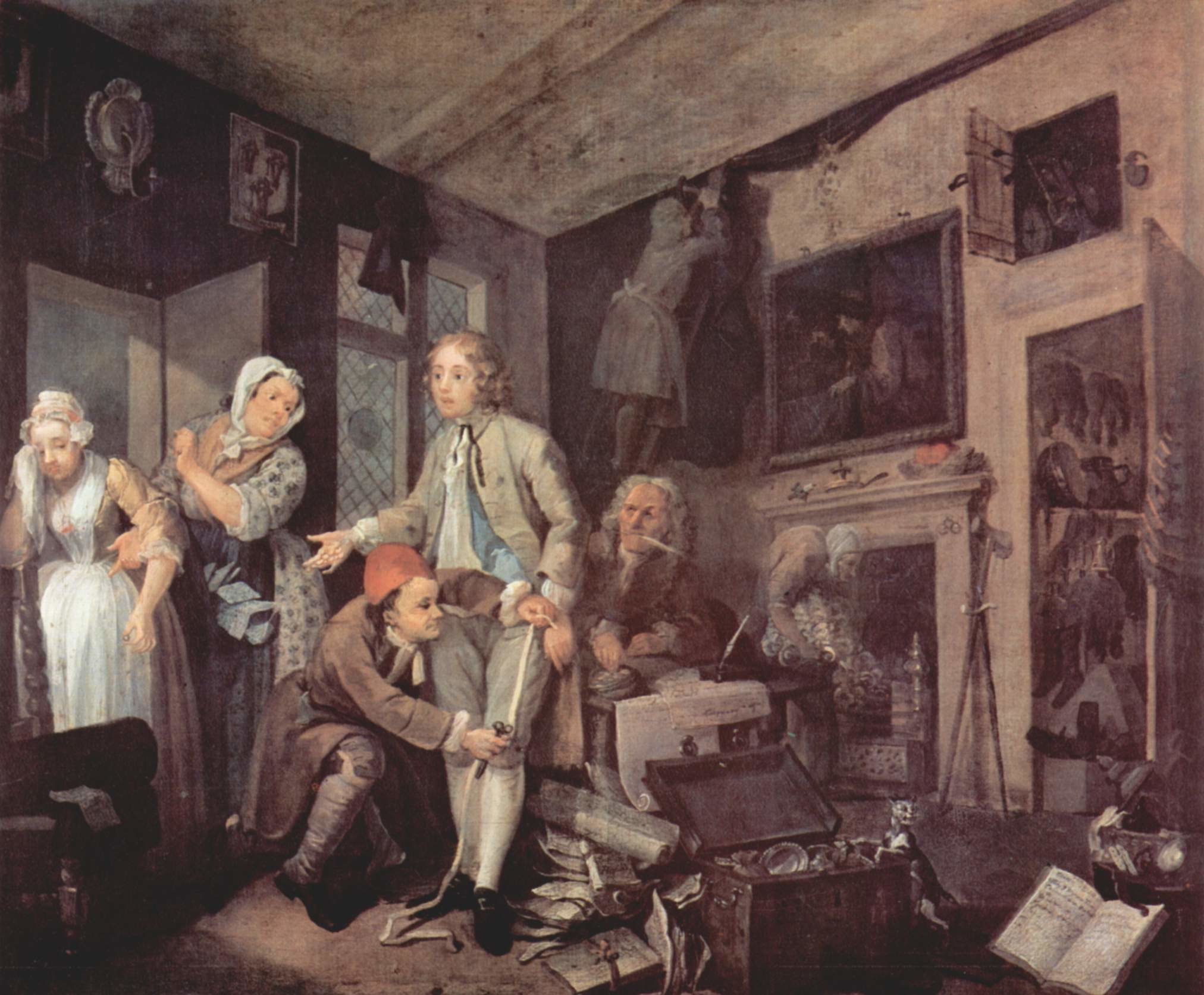Watteau, in many ways, was a painter of rococo love. His pink and frothy paintings overflow with courting couples and cupids galore. His 1717 painting, L’Embarquement pour Cythère (The Embarkation for Cythera) is such a work, with cupids circling in
Painting
In 1894, the French writer and poet Stéphane Mallarmé gave a lecture in Oxford and Cambridge, England, about the relationship between music and literature, in which he alluded to the origin of the artistic creation — the ‘trace’ — whether
We looked earlier at the Spanish artist Francisco Goya (1746 – 1828) and how his ‘maja’ pictures influenced the 20th century Spanish composer Enrique Granados (1867-1916) to create his Goyescas.
Within the context of fine arts, the term naïve is used to describe artists who work in an unsophisticated style with a child-like simplicity. Frequently such works ignore artistic conventions like the rules of perspective, and employ strong patterns and
The Romantic period poet and artist William Blake (1757-1827) made more of an impression after his death than he did during his own lifetime. Whereas he was largely unrecognized when he was alive, current critics now declare him “…the greatest
When art becomes distortion, we think of the 20th century as the time and place for this to become an art form. The British artist Francis Bacon (1909-1992) was a figurative painter who created bold images against isolated backgrounds. In
Many artists in the 19th and 20th centuries were inspired by the music of Johann Sebastian Bach, whose works had been re-discovered with Felix Mendelsohn’s performance of Bach’s ‘St. Matthew’s Passion’ in Berlin in 1829. For composers such as Richard
The London of William Hogarth’s time was one of raucous politicizing, upwardly aspiring young women, and young men ready to be tempted by the delights of the world. Well, rather like today. In his 8-painting series, A Rake’s Progress, painted

